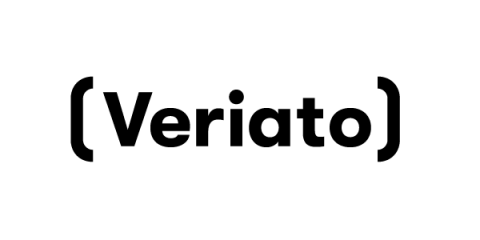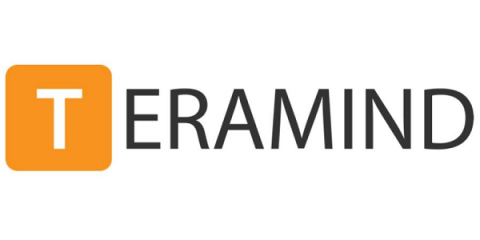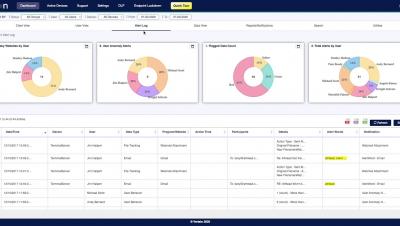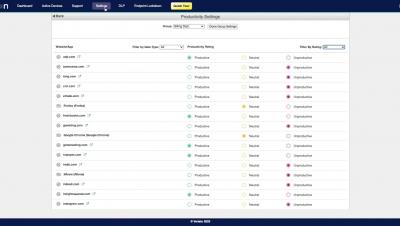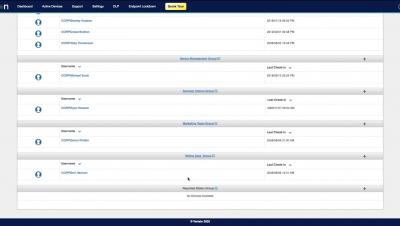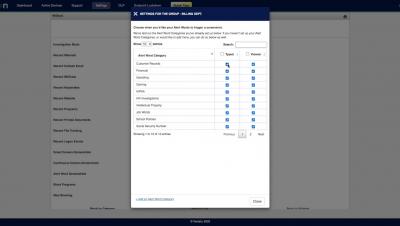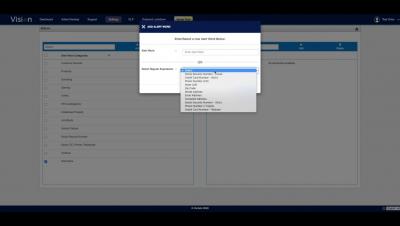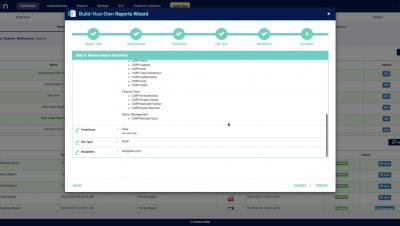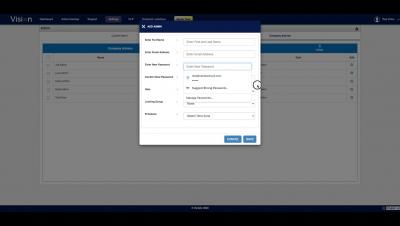What is Corporate Espionage?
The term “espionage” often brings images of double agents and covert undercover missions to mind. This is how espionage is depicted in the movies, but in real life, it can take on many other forms. Businesses may not need to worry about James Bond spying on their company, but they should be concerned about corporate espionage. Corporate espionage, often referred to as industrial espionage, is the practice of spying for financial or commercial gain.


